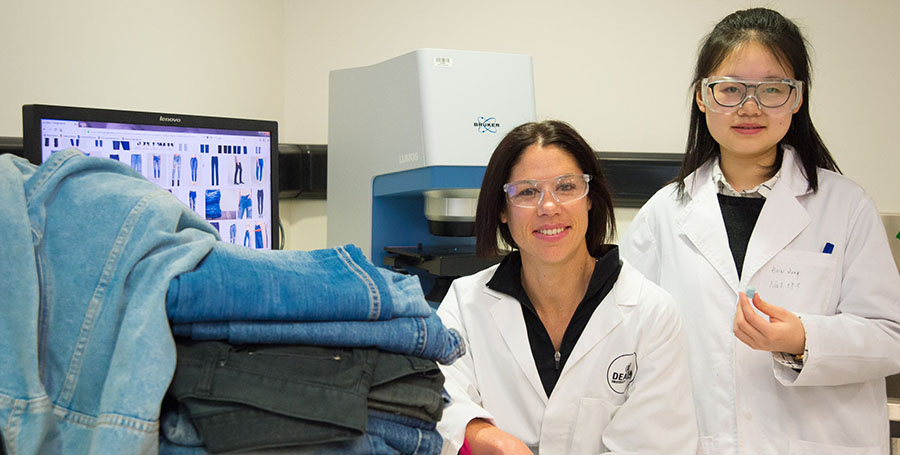
Carbon fibre industry
The CEI will take a leading role in the development of market-ready solutions for the recycling of carbon fibre and its by-products. Innovative, industry-ready solutions could unlock further market growth for carbon fibre, such as the recycling of carbon fibre derived from end-of-life products and production wastes, and identifying avenues to develop value-added applications for recycled composites.


